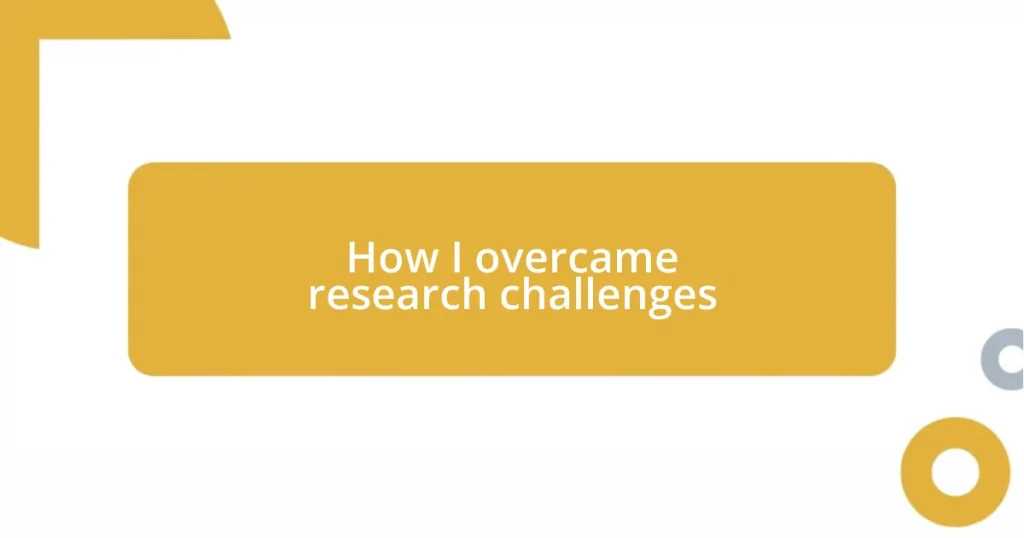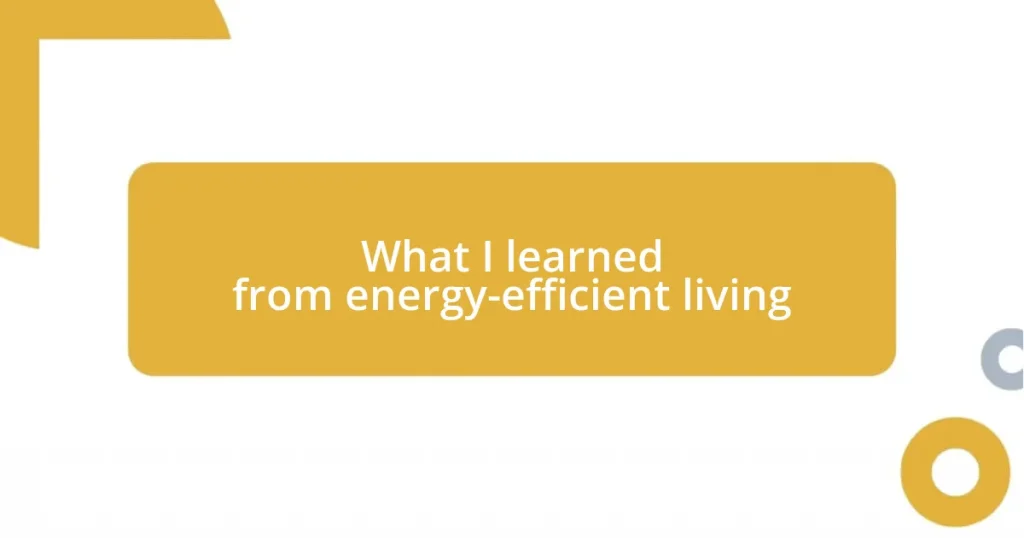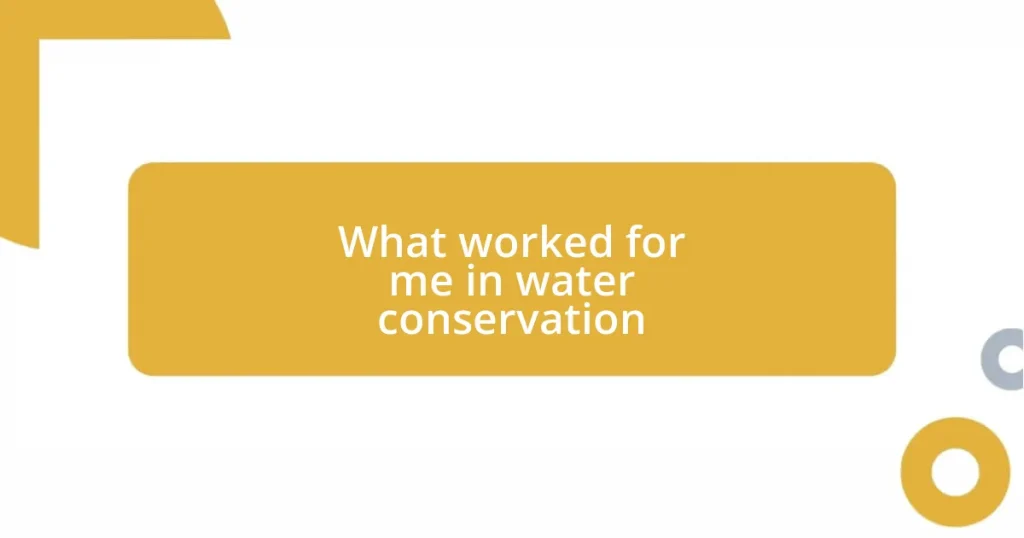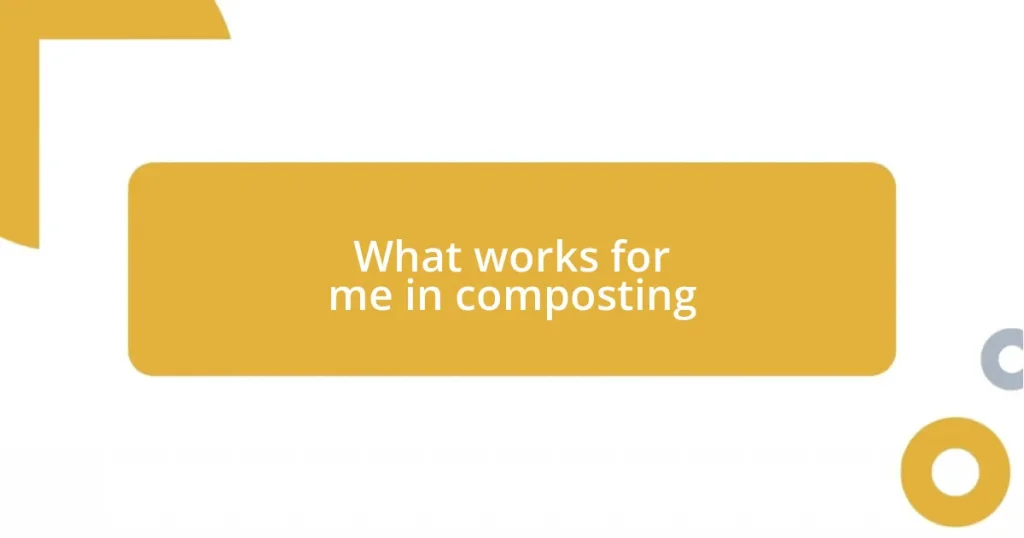Key takeaways:
- Narrowing down research objectives and maintaining flexibility are vital for overcoming challenges.
- Collaboration and open discussions enhance problem-solving and provide new perspectives.
- Utilizing effective strategies, like mind-mapping and time management, leads to a more organized research process.
- Self-care and taking breaks are essential for maintaining mental health and improving overall productivity in research.

Identifying Research Challenges
Identifying research challenges often starts with a moment of realization that something isn’t quite fitting together. I remember sitting at my desk, surrounded by an array of articles and notes, feeling overwhelmed by the sheer volume of information. It dawned on me that not all of it was relevant to my specific question, highlighting the importance of narrowing the focus early on.
As I dug deeper, I discovered that a lack of clear objectives led to more confusion. Has that ever happened to you? You embark on a topic without fully defining your questions, and before you know it, you’re knee-deep in data that feels like a maze. I’ve learned to pause and reflect on my goals, breaking them down into smaller, actionable items. This clarity often reveals the hurdles I need to address.
Additionally, I started recognizing the emotional toll that research can take. There were days when frustration clouded my judgment, making it hard to see the path forward. I found that openly discussing my challenges with peers not only lightened my burden but also illuminated potential solutions I hadn’t considered before. Isn’t it fascinating how collaboration can transform an obstacle into an opportunity?

Developing a Research Plan
Developing a solid research plan is akin to charting a course on a vast ocean. I vividly remember the first time I faced a complex project; I hastily dove in without a clear direction. As I floundered through disorganized notes and ambiguous goals, I realized planning was crucial. By outlining a structured approach, I not only saved time but also gained a renewed sense of confidence.
When crafting my research plan, I prioritized setting measurable objectives. This was a game-changer for my progress. I’d often ask myself, “What am I specifically aiming to learn or uncover?” By defining my objectives, I could better allocate resources and time to each phase of my research, which significantly minimized feelings of being overwhelmed. It was refreshing to see my efforts translate into clear, actionable steps.
I also found that incorporating flexibility into my plan made a huge difference. Isn’t it true that research seldom goes exactly as we hope? In my experience, allowing room for adjustments helped me handle unexpected setbacks more gracefully. For instance, when a key source fell through, rather than panicking, I adjusted my plan to explore alternative materials. It’s all about embracing the journey, with its twists and turns, while keeping an eye on your ultimate destination.
| Aspect | Traditional Approach | My Approach |
|---|---|---|
| Clarity of Objectives | Often vague and broad | Specific and measurable goals |
| Flexibility | Rigid plans | Adaptive to changes |
| Time Management | Last-minute rush | Structured timelines |
| Reflection | Little to no reflection | Regular check-ins on goals |

Implementing Effective Strategies
Implementing effective strategies can transform the chaos of research into a streamlined process. I’ll never forget the moment when I decided to embrace mind-mapping. It became my secret weapon for organizing thoughts that were fighting for attention in my brain. Visualizing connections made it easier to see patterns and prioritize topics. I remember an instance when I had a multitude of articles piled up, each sparking ideas, yet none providing a clear path. Creating a mind map on that cluttered desk turned my confusion into clarity, allowing me to focus on the key areas I wanted to explore.
To truly implement effective strategies, consider these approaches:
- Regular Breaks: Short pauses refresh your mind, preventing burnout.
- Feedback Loops: Sharing ideas with peers can reveal insights and blind spots.
- Set SMART Goals: Specific, Measurable, Achievable, Relevant, and Time-bound goals help keep progress on track.
- Prioritize Tasks: Identify what needs immediate attention versus what can wait.
- Reflect and Adapt: Take time to review what’s working and what isn’t, adjusting your approach accordingly.
I’ve found that these practices not only improve my productivity but also reduce the emotional strain of research, allowing me to enjoy the journey more.

Utilizing Resources and Tools
When I dove into research, I quickly recognized that the right resources could make a world of difference. I recall a particularly challenging phase where I was stuck, wading through countless academic databases. It was overwhelming! But when I started utilizing dedicated research tools, like citation managers and academic search engines, everything fell into place. The ease of organizing references not only saved me time but also relieved the stress of losing valuable citations.
On top of that, I discovered that tapping into community resources was invaluable. Joining online forums and local research groups opened doors to discussions that inspired new ideas. It’s amazing how sharing struggles can lead to innovative solutions! I remember asking a question about a methodology I was struggling with and ended up receiving a wealth of resources from seasoned researchers—some I hadn’t even considered before. That sense of support reminded me how crucial it is to reach out and collaborate rather than navigating the research waters alone.
Lastly, I won’t forget the day I stumbled upon a digital library that housed articles I had been searching for everywhere. I was nearly ecstatic! It was like finding a hidden treasure chest. Leveraging such tools not only enhanced my research quality but also fueled my passion for the subject. I often think—why should we limit ourselves to just textbooks when vast online repositories offer so much? Each resource we embrace adds another layer of insight to our work, making the process more enriching.

Overcoming Common Obstacles
One of the most common obstacles I faced was the crippling fear of failure. I vividly remember a moment of complete panic just before presenting my findings for the first time. My heart raced as I thought, “What if my research doesn’t resonate with anyone?” But then I reminded myself that every expert was once a novice, and embracing the possibility of imperfection became key to overcoming that hurdle. I learned that viewing feedback as a tool for growth rather than as a critique transformed my fears into stepping stones on my research journey.
Another challenge was the overwhelming pressure of time constraints. I recall several late nights fueled by coffee, trying to meet deadlines while juggling multiple projects. I quickly realized that the constant rush was not sustainable. It led me to adopt time-blocking techniques, which allowed me to allocate specific chunks of time to different tasks. By doing this, I not only learned to respect my limits but also found more joy in the research process. Isn’t it funny how sometimes, a simple change can reignite your passion?
Collaboration was also a major obstacle for me, especially when I hesitated to share my ideas. I remember the first time I joined a research group; I felt like an outsider among seasoned researchers. But that experience taught me the value of vulnerability and openness. I started sharing my thoughts, and to my surprise, I found support and constructive feedback that enriched my work. Have you ever noticed how a single conversation can shift your perspective? The moment I began collaborating, I discovered that together we could navigate challenges and celebrate successes much more effectively than I could alone.

Reflecting on Lessons Learned
Reflecting on the lessons I learned during my research journey unveils a tapestry of insights that continue to shape my approach today. I remember standing in front of my research committee, feeling a whirlwind of anxiety. It was a defining moment when I grasped the importance of preparation—not just in terms of information, but also mentally. It underscored the role that confidence plays in presenting ideas. Have you ever gone into a situation feeling unprepared? It’s a vulnerable place to be, but it pushes us to develop resilience.
Another important takeaway was the value of flexibility. There were instances when my original research questions took unexpected turns, and initially, that threw me off balance. I learned that gripping too tightly onto a single trajectory can stifle creativity. Embracing the unknown, even when it felt uncomfortable, often led to some of my most enlightening findings. Can you recall a time when a detour offered you a surprising insight? Those moments reminded me that adaptability is a strength, not a weakness.
Moreover, the importance of self-care became crystal clear through these challenges. The late nights and relentless focus took a toll on my well-being. I vividly recall a weekend where I decided to step away from my research, opting for a hike instead. Fresh air and nature’s tranquility revitalized my mind. It made me realize that taking breaks isn’t just beneficial—it’s essential. How often do we push ourselves to the brink? Respecting our mental space can pave the way for breakthroughs we might not even see coming.

Applying Insights to Future Research
Applying the insights I’ve gained from my research experiences directly influences my future projects. For instance, after grappling with anxiety about presenting, I’ve started implementing mock presentations with friends. This practice not only builds my confidence but also allows me to view feedback in real-time, transforming my nerves into excitement. Have you ever noticed how rehearsing can shift your mindset from dread to anticipation?
Another crucial insight I’ve carried forward is the importance of collaboration early in the research process. In the past, I tended to isolate myself, fearing that I might overshadow other ideas. However, now I actively seek out diverse perspectives before finalizing my research questions. Engaging others sparks creativity in ways I hadn’t anticipated. Don’t you find that a simple conversation can illuminate paths you hadn’t considered before?
Lastly, I’ve learned that flexibility isn’t just an important lesson—it’s a guiding principle. Each time I faced unexpected challenges, like a sudden change in my research direction, I found it essential to pivot without losing momentum. Once, I was deep into a project when a colleague suggested an alternate approach. Initially resistant, I decided to explore it, and what unfolded was a richer, more layered finding than I anticipated. Remember, sometimes embracing the unexpected can lead us to our most profound discoveries, can’t it?















